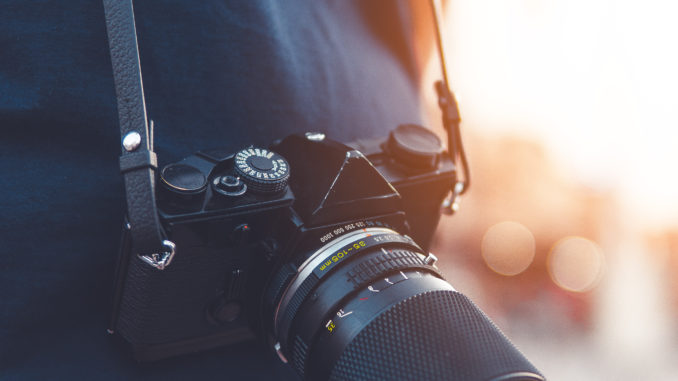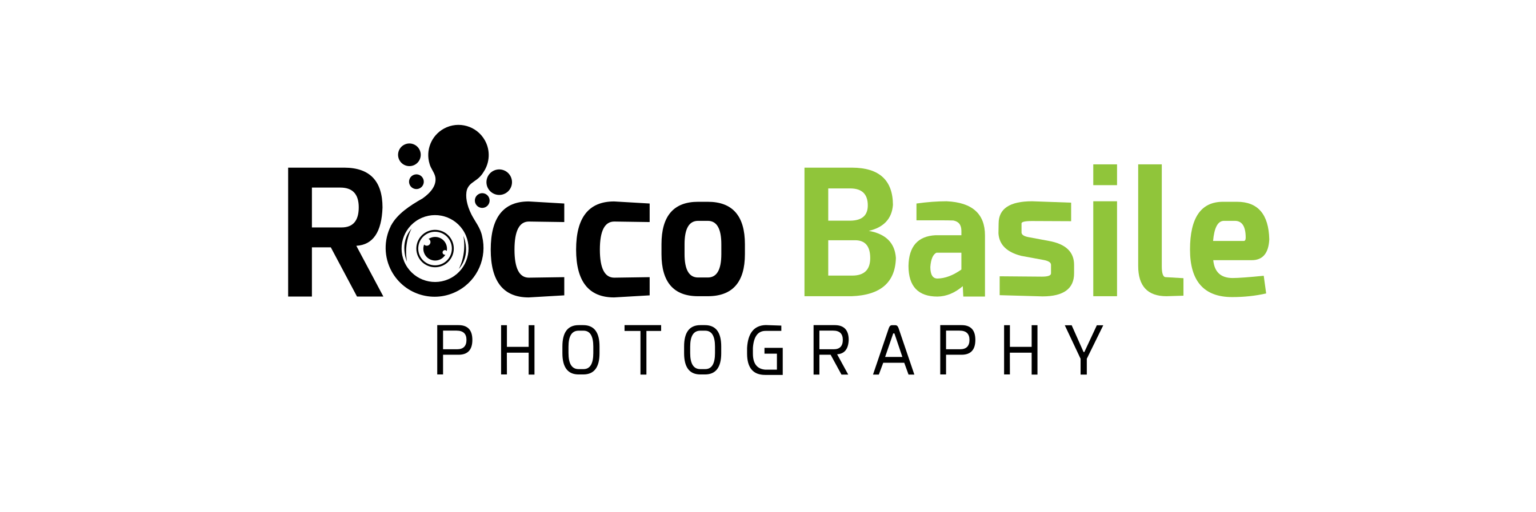
The business of photography goes beyond taking impeccable photos. The other half of a photography business requires ad intimate knowledge of the law and how it relates to consent, privacy, copyright infringement, and more. The following is important legal information all photographers should know:
Beware of Private Property
While many photographers don’t think twice about shooting on private property, keep in mind that property owners have their own rules regarding photographers and the photos taken on their property. If you’re planning to shoot on private property. It’s in your best interest to get in touch with the property owner beforehand to determine if they will allow you to shoot on their property.
When consulting with a property owner about using their space for a photo shoot, don’t forget to use the proper forms. Property use forms are the physical proof you can later use as evidence that you have the property owner’s permission to use their space.
Keep in mind that even with this form and a prior agreement, a property owner can revoke your access to their property at any time. Should you refuse to comply, you may be prosecuted and treated as a trespasser.
Shooting in Public Places
Legally, photographers have more clear cut rights when shooting in public places. When in public, photographers are legally allowed to shoot whatever is in plain view. These public places include the likes of police buildings, transportation facilities, and law enforcement and federal buildings. When shooting in public, Douglas Healy shares that the police aren’t legally able to confiscate your equipment or see your photos without a warrant.
Remember, when shooting in public places, you are required to conduct yourself in a lawful manner. Should you break these laws, law enforcement officers are well within their rights to detain you.
What to Know About Street Photography
While photographers often feel that they can freely take photos of people if they are shooting in a public place, the law on photographing people in the street isn’t that simple. Before snapping photos of strangers in public spaces, consider what the law says about this. It is against the law to photograph people if you’re infringing on their reasonable expectation of privacy. Typically, this law focuses on individuals that are in the privacy of their homes, in the bathroom, or in the hospital. However, when shooting in public spaces, this expectation of privacy changes based on the state you’re in.
Be sure to carefully research the laws regarding photographing strangers in your city. For example, states like Texas require photographers to receive consent from their subjects if there’s an intent of sexual gratification or arousal. Similarly, many cities restrict photographers from taking photos of strangers that they intend to use for commercial purposes. If you’re planning to photograph anyone with the purpose of selling your photos, you’ll need to use model release forms.
While the legality of photographing strangers may seem like a grey area, experts like Douglas Healy share that it’s best to use your intuition when taking photos of strangers. Even if you’re in public and are legally allowed to take a photo, pay attention to your subjects. If it is clear that they don’t want you to take a picture of them, it’s best to skip the shot and respect their wishes.
Handling Copyright Infringement and Watermarks
The other side of the law that photographers must pay attention to is copyright law. With news stories of popular artists getting sued for copyright infringement more and more prevalent, it’s important to familiarize yourself with copyright law. Though copyright law isn’t black and white, there are some things to keep in mind that will help you avoid breaking the law.
If you’re planning to use someone else’s work, you’ll need to go beyond simply crediting the person. The law dictates that you’ll need the original creator’s permission if you want to use their work. This type of agreement often involves royalties, payments, or a contract. Though it may seem easier to simply use their work hoping no one will notice, this is a clear violation of that individual’s intellectual property rights.
The law is a little less clear when it comes to being inspired by someone’ else’s work. If you truly hope to be on the legal side of things, it’s best to consult with an attorney to determine if your creative work infringes on your original inspiration.
Few photographers aspire to break the law, but many do unintentionally, make sure your photography business is on the right side of the law by keeping this information in mind
